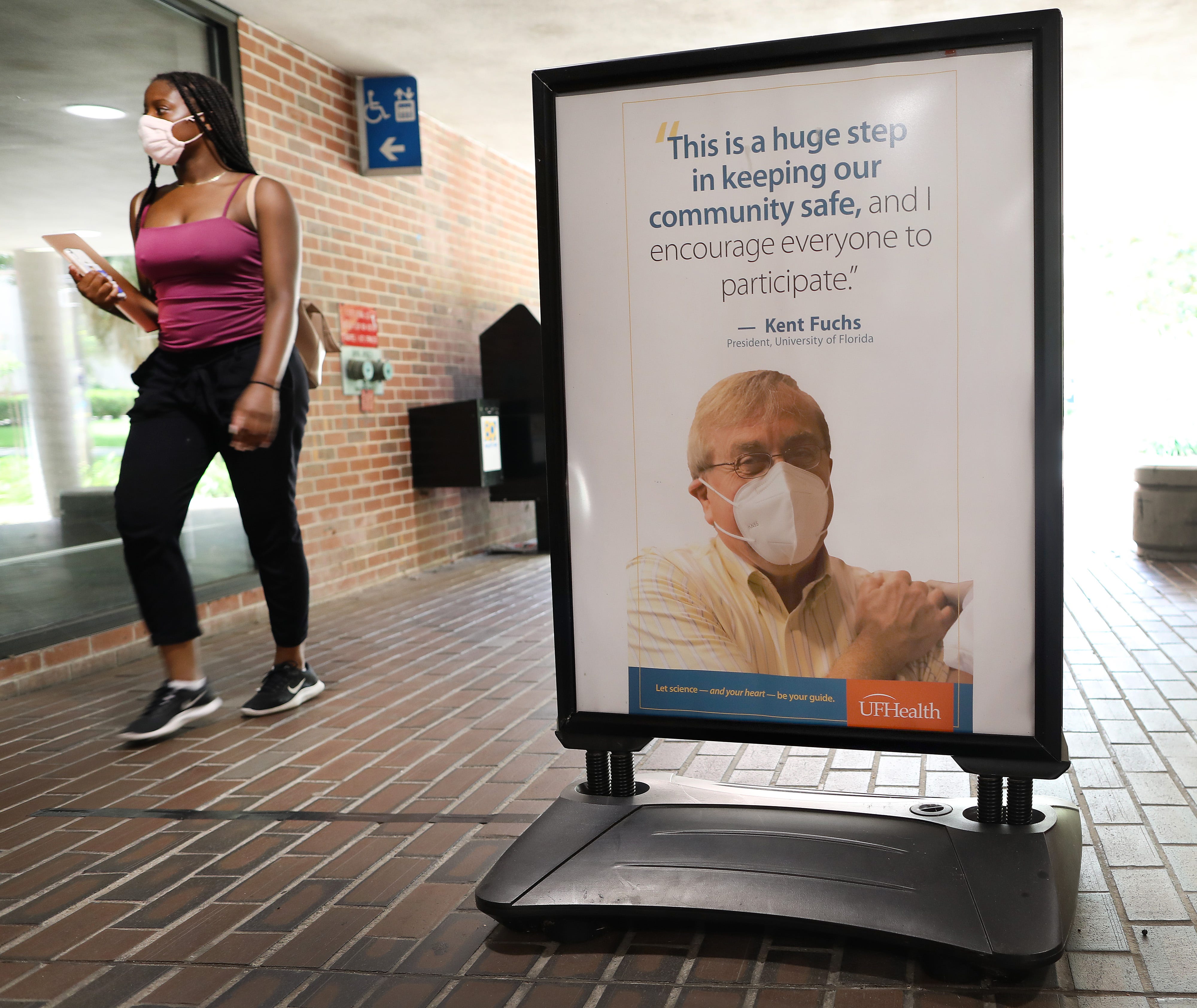
University of Toronto Press.) tetrads on elearning. If we want the Web of Confidence, with empowered learners and decentralized education, to become reality we should do everything we can to support this vision for 2014.Īnother way to look at the possible future is by using Marshall McLuhan’s Laws of Media (McLuhan, M. On the corporate side, the Web of Confidence would see more flexible, innovative companies offering new forms of learning, while larger corporations struggle to match the ideas produced by start-ups and networked, self-governing groups. These scenarios offer some common ground for discussion, and we can ask the question: Towards which scenario should we strive? I would suggest that it is the Web of Confidence, with new technologies being used by nimble niche players to foster innovation and learning. There are a number of comments on each scenario online that can be viewed. Each scenario will have its proponents and its detractors. In analyzing these scenarios, one can find something plausible in each one. Both the Web of Confidence and U Choose offer a potentially optimistic future for our own learning industry in New Brunswick, while the other two scenarios are less positive for a small region like ours. Virtually Vanilla: Technology advances, power retained by established playersīack to the Future: Technology frustrates, power retained by established playersĮach scenario describes the main attributes of Learners, Education, Corporations and Government concerning elearning in the future. U Choose: Technology frustrates, power shifts to emergent players Web of Confidence: Technology advances, power shifts to emergent players The resulting scenarios from the quadrants formed by the intersection of these two axes are: Whether power, influence and new ideas are primarily from established sources or from new and emergent sources. Whether the role of technology in society empowers or frustrates andĢ. The four scenarios are based on two critical uncertainties, as determined by the working group:ġ. These represent a good synthesis of the spectrum of possibilities for 2014. Prior to the summit, four scenarios were developed by a group of experts, including Jay Cross.

The eLearninternational 2004 World Summit recently wrapped up in Edinburgh. Does anyone have any more information? I would like to keep the conversation going. I’m posting this information on the Edinburgh scenarios, because I believe it is important, and because I cannot find any more information on the results of the scenario building that took place in Edinburgh last month. Thanks to Stephen’s OLDaily for pointing to this. If all individuals had the rights of today’s corporations, what kind of societal benefits would ensue?

As tenure was essential for academic freedom, so an unfettered business model may be necessary for future leaders.
#Atutor university of florida free
These potential leaders, from the “aggressively intelligent citizenry”, need to be free from corporate non-disclosures or government gag orders, and the most effective business model could be the free agent working within a peer network. I would suggest that business models that will allow the leadership to prosper will be essential. “I suggest that the leaders will be found among the aggressively intelligent citizenry, liberated from many tasks and obligations by technology freely shared using data, information and knowledge acquired from open source databases, produced from the multiples of billions of dollars of public money invested through research councils, universities, social agencies, and public institutions.” Levesque calls for new leadership for the information revolution. But Levesque goes on to say that communities have not been as successful as corporations in producing certain kinds of societal benefits. This should mean that corporations have to “get real” in order to connect with their markets, as many communities do.

He continues on the Cluetrain thread that markets are conversations, and these conversation must be genuine.
#Atutor university of florida software
Peter Levesque, in Democracy & Socioactive Software and Technology discusses the effect of the Internet in connecting an unprecedented number of people, who in turn have created a variety of community-based initiatives, such as open source, open content and more flexible copyright rules, like the Creative Commons. Posted - filed under Democracy, OpenSource, Work. Leadership for the Information Revolution


 0 kommentar(er)
0 kommentar(er)
